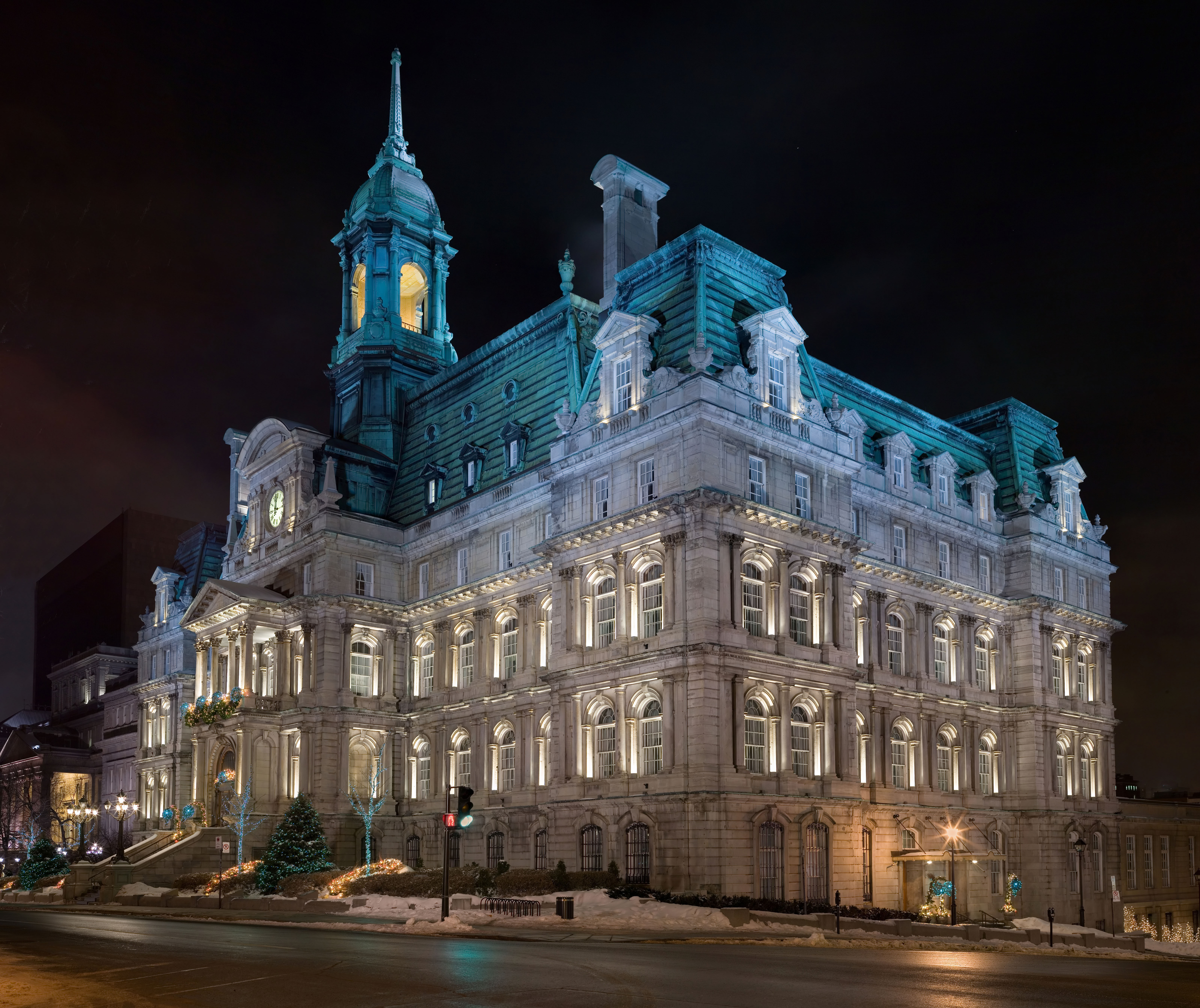 This book offers an advanced introduction to central questions in legal philosophy. What factors determine the content of the law in force? What makes a normative system a legal system? How does law beyond the state differ from domestic law? What kind of moral force does law have? These are all questions about the nature of law. The most important existing views are introduced, but the aim is not to survey the existing literature. Rather, this book introduces the subject by stepping back from the fray to sketch the big picture, to show just what is at stake in these old debates. Legal philosophy has become somewhat arid and inward looking. In part this is because the disagreement between the main camps on the important questions is apparently intractable. The main aim of the book is to suggest both a diagnosis and a proper practical response to this situation of intractable disagreement about questions that do matter.
This book offers an advanced introduction to central questions in legal philosophy. What factors determine the content of the law in force? What makes a normative system a legal system? How does law beyond the state differ from domestic law? What kind of moral force does law have? These are all questions about the nature of law. The most important existing views are introduced, but the aim is not to survey the existing literature. Rather, this book introduces the subject by stepping back from the fray to sketch the big picture, to show just what is at stake in these old debates. Legal philosophy has become somewhat arid and inward looking. In part this is because the disagreement between the main camps on the important questions is apparently intractable. The main aim of the book is to suggest both a diagnosis and a proper practical response to this situation of intractable disagreement about questions that do matter.Click here to read more about this book.







